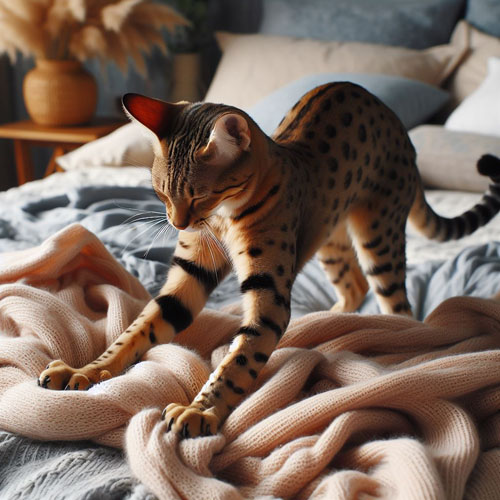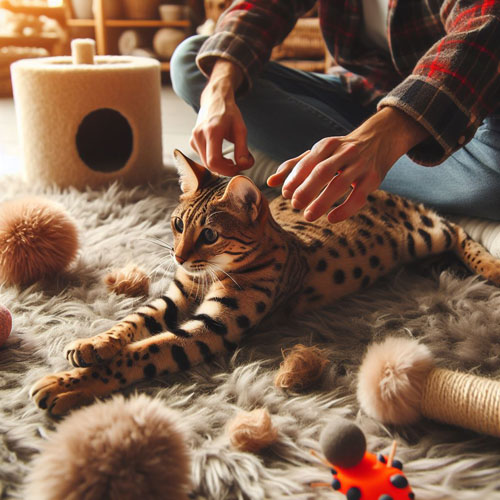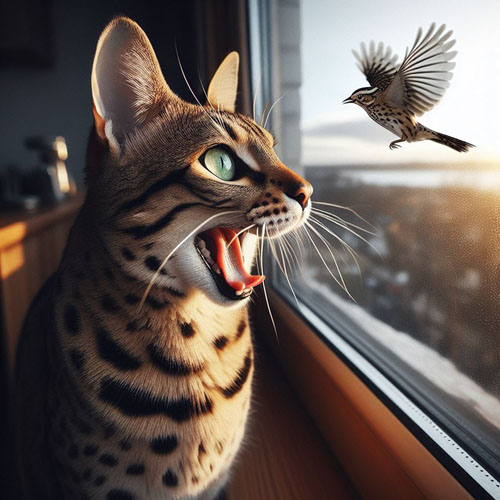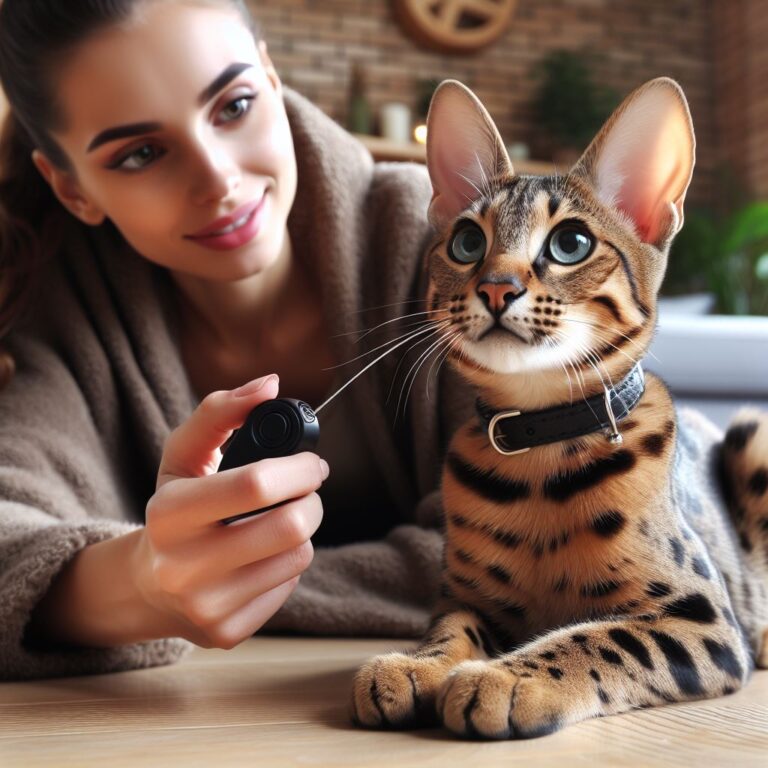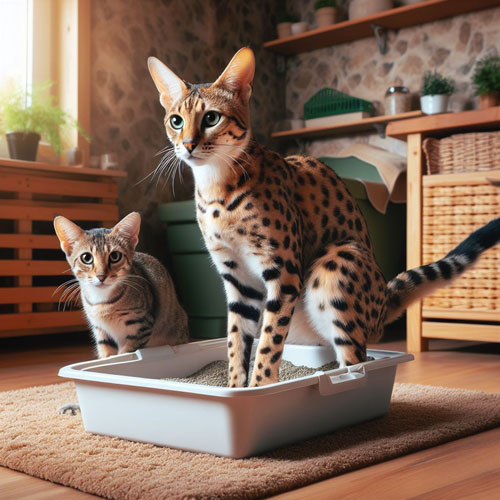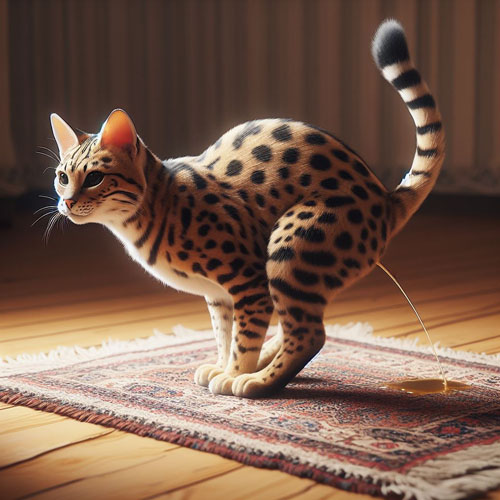Why Does My Cat Lick So Much?
Cats have an inherent grooming instinct, and licking serves multiple purposes in their daily routines. Primarily, licking is an integral part of their grooming process, allowing them to keep their fur clean and free of dirt, debris, and any potential irritants. It also helps them regulate body temperature, as the saliva evaporates, providing a cooling effect.
However, if you notice that your cat is licking excessively and beyond what is considered normal, it may indicate underlying issues or behavioral patterns that require attention. Cats will over groom certain parts of their body if there is a painful or itchy spot. Here are a few possible reasons for your cat’s excessive licking:
- Stress or Anxiety: Cats often resort to excessive licking as a self-soothing mechanism when they are stressed or anxious. This behavior may be triggered by changes in their environment, the introduction of new pets, or even changes in their daily routine. It would be beneficial to examine any potential stressors and address them accordingly.
- Medical Conditions: Certain medical conditions can cause cats to engage in excessive licking. Skin allergies, dermatitis, parasites, or even digestive issues can lead to irritations, resulting in increased licking. If you suspect any health concerns, we strongly recommend consulting with a veterinarian to rule out any underlying conditions and receive appropriate treatment.
- Boredom or Lack of Stimulation: Cats are naturally curious and active creatures. If they are not adequately stimulated or engaged, they may resort to repetitive behaviors such as excessive licking. Consider providing them with interactive toys, scratching posts, and dedicating quality playtime to ensure they receive the mental and physical stimulation they need.
In order to address your cat’s excessive licking, we suggest taking the following steps:
- Observe and Identify Triggers: Monitor your cat’s behavior and try to identify any potential triggers or patterns that coincide with the excessive licking. This could help you understand the underlying cause and minimize its impact.
- Enrich Environment: Provide a stimulating environment for your cat. Incorporating toys, scratching posts, and interactive play sessions will offer mental and physical stimulation, diverting their attention from excessive licking.
- Regular Veterinary Check-ups: Schedule regular check-ups with your veterinarian to ensure your cat’s overall health and rule out any medical conditions that may be causing excessive licking.
Remember, each cat is unique, and their behaviors may have varying causes. If the excessive licking persists or is causing distress to your cat, we strongly recommend seeking professional advice from a veterinarian or a certified animal behaviorist.
We hope this information helps you better understand your cat’s licking behavior. Should you have any further questions or concerns, please do not hesitate to reach out to us. We are here to support both you and your furry friend.
